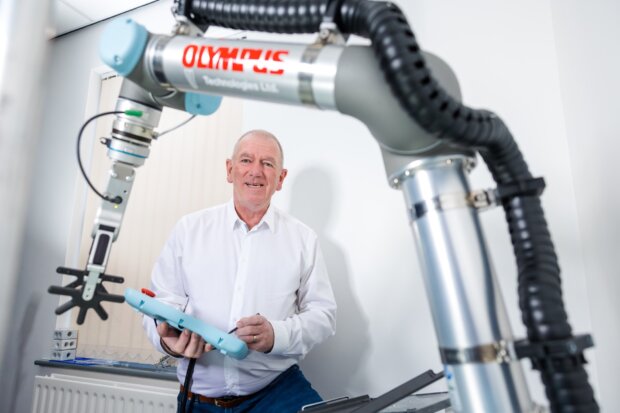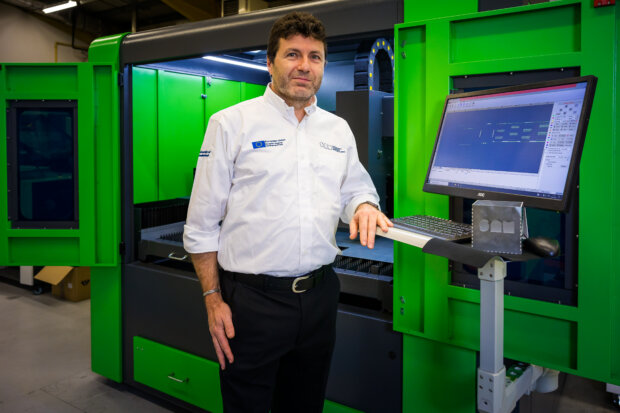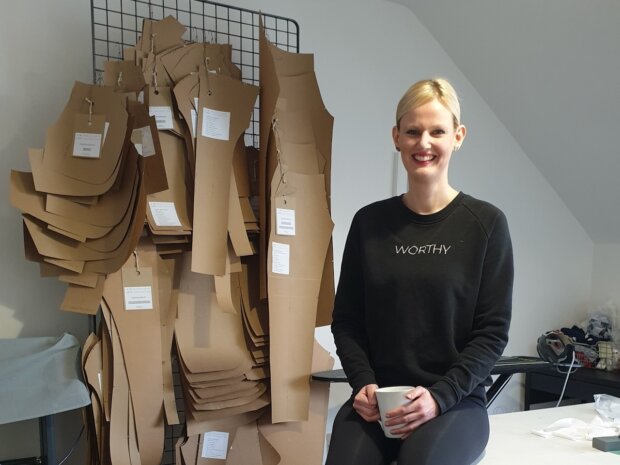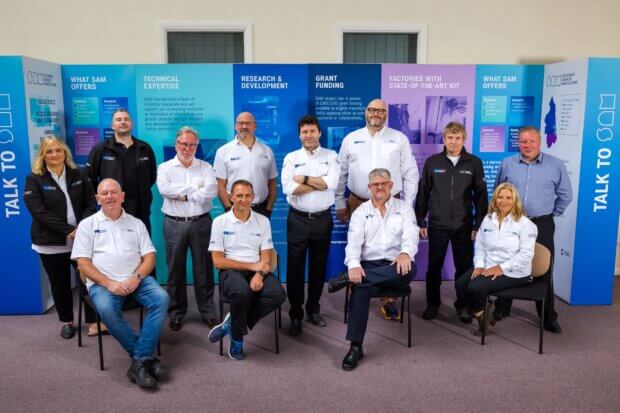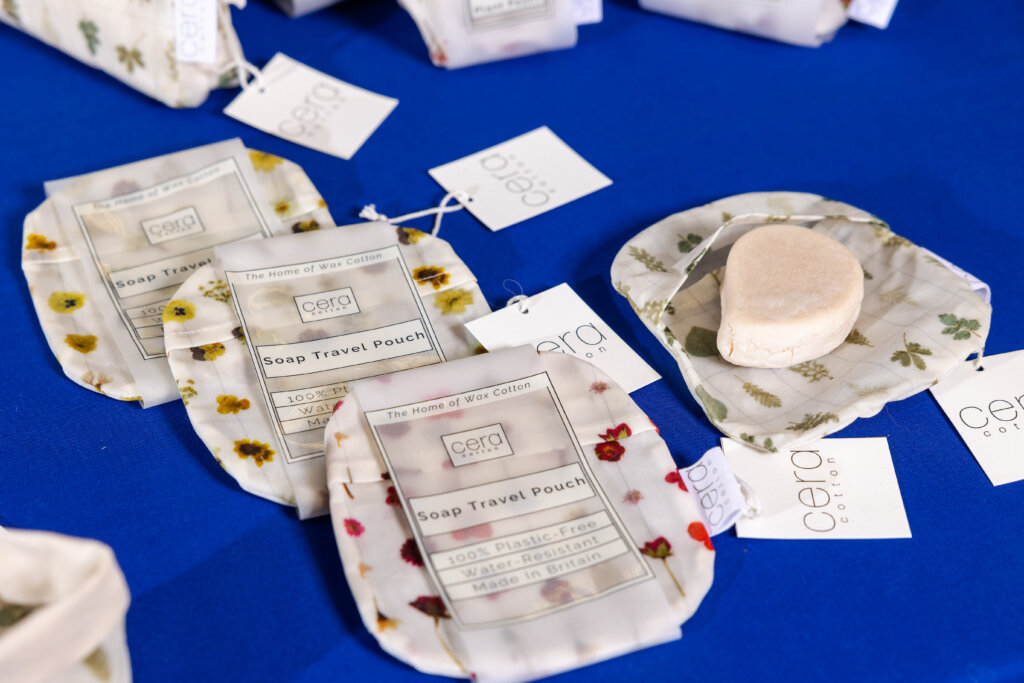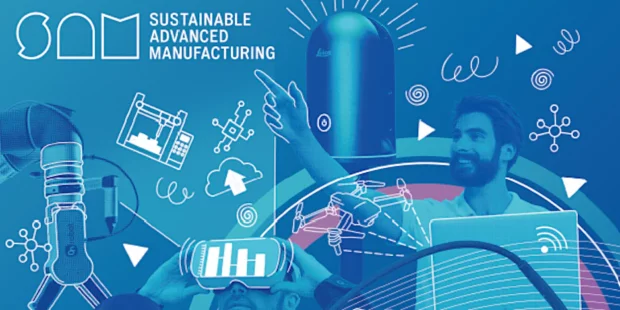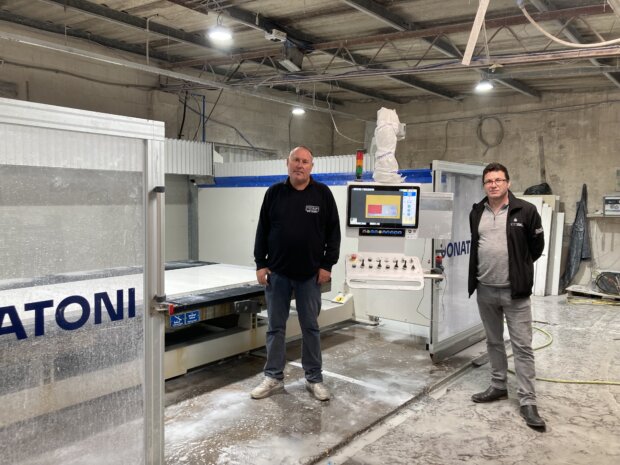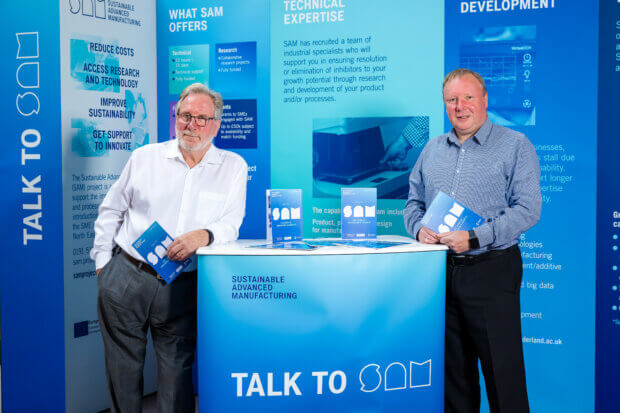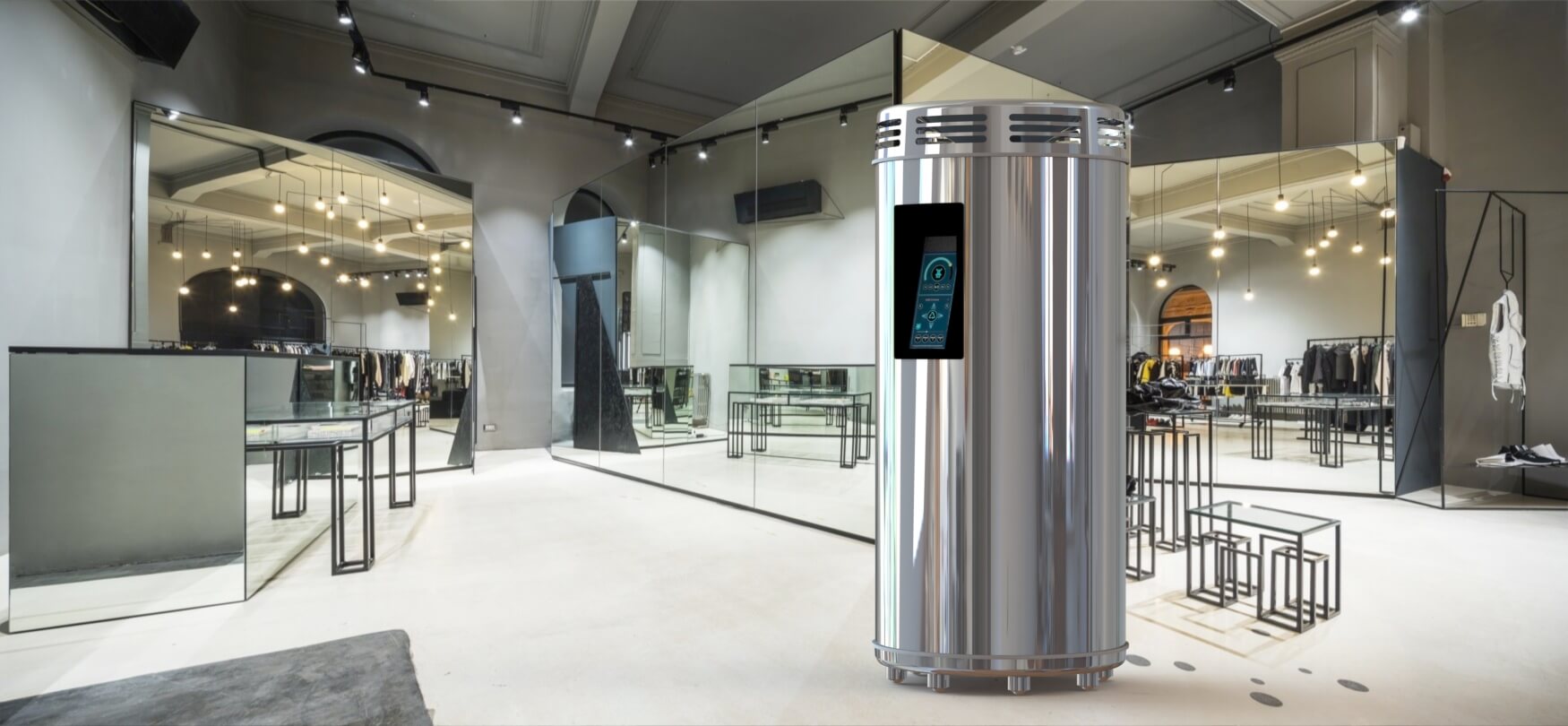When I first got involved with robotics back in the early 80s, I naively didn’t even know what a robot was.
Starting out as a welder, the plant superintendent pulled me aside one day to ask if I’d be interested in becoming a robot programmer.
The company had purchased 10 industrial welding robots and my job was to learn all I could and ensure we were able to put them to use.
And put them to use we did. By the time I’d taken early retirement in 2018, we had successfully deployed over 1,400 individual robots across our plant, here in the North East.
The growth of the industry was phenomenal, and the automotive sector wasn’t the only one profiting. Industrial robots had arrived across the manufacturing spectrum and I was seeing this with my own eyes.
I took up a role with a major Japanese robotic supplier before setting up my own consultancy and helping install over 1,000 industrial robots across Europe, the US and Asia.
I was always in my element with a robot teach pendant in my hand and if this experience taught me anything, it was that the robotic revolution was well and truly underway…and it was no longer just for the blue chips and major corporates.
Returning to the North East, I began working with the SAM Project to help the region’s SMEs break down barriers to automation and robotics, just as our team did all those years ago.
In the two years since, the role has seen me work with everyone from sole traders to firms employing hundreds, helping them better understand and implement everything from robotic welding to automated canning lines and palletising robotics.
But it wasn’t until we held a recent jobs fair at The Industry Centre that I really had my eyes opened to the current issues facing the region’s employers and how robotics could help them innovate and grow.
The vast majority of manufacturers are facing huge challenges when sourcing skilled robotic engineers, which I predict will spark yet another robotic revolution.
Not like the previous one in the 80’s and 90’s, but a new generation of automation. It’ll be “The Rise of The Cobots”.
When I first took on the role at SAM, one thing that jumped out at me, not literally, was a Cobot or ‘Collaborative Robot’, sitting in the corner of the room.
Having been involved with industrial robots for the best part of 40 years, my initial thought was “its not a real robot, it’s something that will keep children happy, a toy”. How wrong was I?
It’s collaborative. It’s designed to work with you. It doesn’t stop for a break or to browse social media and it works in a “lights out environment”.
Not only that, it’s also easy to teach and can be deployed just about anywhere to do just about anything. For an industry facing a critical skills shortage, the Cobot could well be the sector’s saviour.
Automation promotes growth and, I believe, the Cobot could well overtake what we witnessed during the original robot revolution, so much so that the industrial robotic manufacturers are now even developing their own collaborative robots.
Cobots can and will fill the gaps in the current labour market. The UK manufacturing base is slowly waking up to the fact that Cobots can take away all of the dull, dangerous and dirty jobs, with increased output per hour, and just like 30 years ago, SMEs are fast realising the benefits.
So, if you’re an SME in the North East and have applications that you think could be automated, any mundane repetitive tasks, or simply a concept you would like to investigate automating, then why not contact the team today?
Our team of industry experts and academics have over 250 years’ industry experience, so whatever your challenge, you can guarantee they’ll have seen it before…
- Neil Taylor, Automation & Robotics Expert at The SAM Project.

